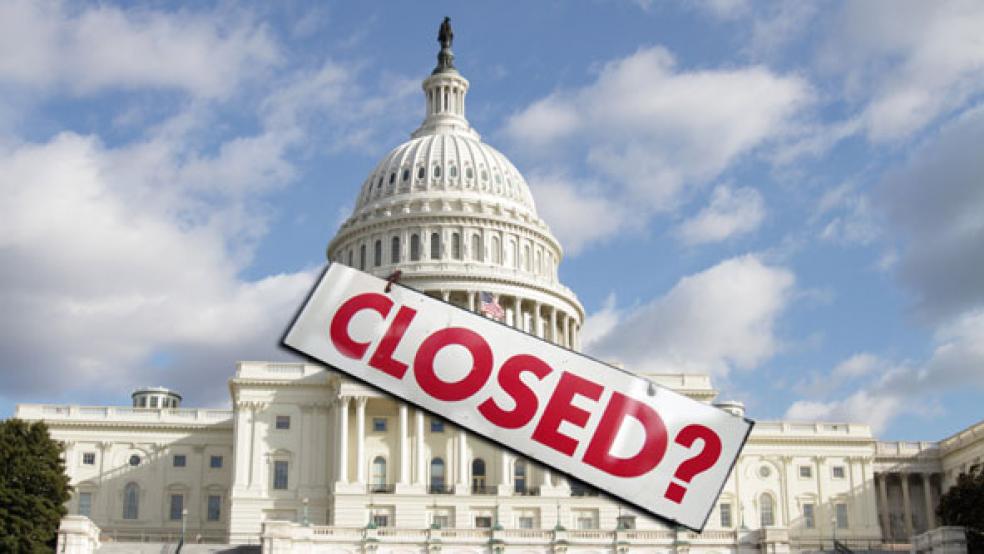Add attempts to roll back Wall Street reform to the list of things that might cause a government shutdown next month, when Congress comes to grips with the need to pass an omnibus government spending bill before a December 11 deadline.
Treasury Secretary Jack Lew on Wednesday wrote an op-ed for Bloomberg View in which he said that he would advise the president to veto any spending bill that included significant rollbacks to the Dodd-Frank Wall Street reform law that was passed in 2010, following the financial crisis that helped tip the country into the Great Recession.
Related: Congress Is Making It Even Harder to Crack Down on White Collar Crime
“Wall Street reform is working,” Lew wrote. “Seven years after the financial crisis, and five years after Congress passed the Dodd-Frank Wall Street Reform and Consumer Protection Act, the economy is back on solid footing. Our financial system is better prepared to cover the cost of any future crisis. Unemployment is at the lowest level since before April 2008, and businesses have added 13.5 million new jobs over 68 straight months, the longest job creation streak on record. We cannot squander this progress by eliminating the safeguards Congress created to protect the American people from another damaging financial crisis.
“Preserving these achievements is of paramount importance, and as I have previously indicated, I would recommend the president veto legislation passed by Congress that would leave the American people more vulnerable to another financial crisis.”
Members of Congress, particularly Alabama Sen. Richard Shelby, who chairs the Senate Banking Committee, have been pushing legislation that would roll back some of the provisions of Dodd-Frank. For example, the law requires that banks with $50 billion of assets or more be subject to increased regulatory supervision. Shelby would like to see that threshold doubled to $100 billion, which would remove some large regional banks, such as Buffalo’s M&T Bank and Cleveland’s Keycorp, from the list.
The financial services industry is also looking to scuttle rules being written by the Department of Labor specifying that financial advisers helping individuals prepare for retirement have a “fiduciary duty” to their clients. Essentially, this means that an adviser working for a large financial services company could not recommend that company’s products if competitors offered a product that better suited their needs.
Related: The Left’s Latest Big-Money Target – For-Profit Prisons
Other members of Congress, from both parties, have called on the administration to loosen the rules applied to community banks, which face many of the same regulatory requirements as large money-center banks but don’t have the manpower or the money to comply with them.
There are numerous other elements of the Dodd-Frank Act that Republicans in Congress would like to see changed. The law created the Consumer Financial Protection Bureau, which is widely hated in the financial services industry, and the Financial Stability Oversight Council, which many see as an unnecessary further layer of bureaucracy on an already heavily-regulated system.
But through Lew, the administration appears to be signaling that it will not accept major changes to the law which, Lew wrote, “has made our financial system stronger, safer and more resilient.”





